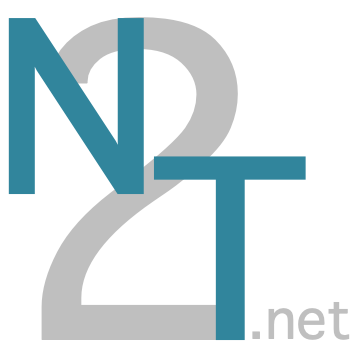OrthoDB presents a catalog of eukaryotic orthologous protein-coding genes across vertebrates, arthropods, and fungi. Orthology refers to the last common ancestor of the species under consideration, and thus OrthoDB explicitly delineates orthologs at each radiation along the species phylogeny. The database of orthologs presents available protein descriptors, together with Gene Ontology and InterPro attributes, which serve to provide general descriptive annotations of the orthologous groups
This resource is a provider. This means that
while it may have its own prefix, it actually reuses the identifiers provided by the
uniprot
prefix. For all use cases, you should use uniprot
instead of orthodb.
- Prefix
orthodb- Keywords
- dna eukaryotic life science protein
- Links
- Homepage
- Publications
- https://bioregistry.io/pubmed:39535043
- 2019 OrthoDB v10: sampling the diversity of animal, plant, fungal, protist, bacterial and viral genomes for evolutionary and functional annotations of orthologs
- 2014 OrthoDB v8: update of the hierarchical catalog of orthologs and the underlying free software
- 2010 OrthoDB: the hierarchical catalog of eukaryotic orthologs in 2011
Identifier Standards
- Pattern for Local Unique Identifiers
-
Local identifiers in OrthoDB should match this regular expression:
^\w+$ - Example Local Unique Identifier
- Q9P0K8 Resolve
- Pattern for CURIES
-
Compact URIs (CURIEs) constructed from OrthoDB should match this regular expression:
^orthodb:\w+$ - Example CURIE
- orthodb:Q9P0K8
Contacts
- Contact
- Evgeny M Zdobnov 0000-0002-5178-1498
Metaregistry OrthoDB
The metaregistry provides mappings between the Bioregistry and other registries. There are 6 mappings to external registries for this resource with 3 unique external prefixes.
| Registry Name | Registry Metaprefix | External Prefix | Curate |
|---|---|---|---|
| BioContext | biocontext |
ORTHODB
|
|
FAIRSharing

|
fairsharing |
FAIRsharing.x989d5
|
|
Identifiers.org

|
miriam |
orthodb
|
|
N2T

|
n2t |
orthodb
|
|
|
Prefix Commons
|
prefixcommons |
orthodb
|
|
|
UniProt
|
uniprot |
DB-0143
|
Providers
A provider turns a local unique identifiers from a resource into a URI. Many providers are also resolvable as URLs (i.e., they can be used in a web browser).
The local unique identifier Q9P0K8 is used to demonstrate the providers
available for OrthoDB. Some providers may use a different example, which is displayed in the table below.
A guide for curating additional providers can be found
here.
| Name | Metaprefix | URI |
|---|---|---|
| OrthoDB | orthodb |
http://cegg.unige.ch/orthodb/results?searchtext=Q9P0K8 |
| Bioregistry | bioregistry |
https://bioregistry.io/orthodb:Q9P0K8 |
| Identifiers.org | miriam |
https://identifiers.org/orthodb:Q9P0K8 |
| Name-to-Thing | n2t |
https://n2t.net/orthodb:Q9P0K8 |
Extra Providers
Additional providers curated in the Bioregistry are listed here. These are typically inherited from Identifiers.org or Prefix Commons, and need extra curation.
| Code | Name | URL |
|---|---|---|
bio2rdf |
Bio2RDF | http://bio2rdf.org/orthodb:Q9P0K8 |